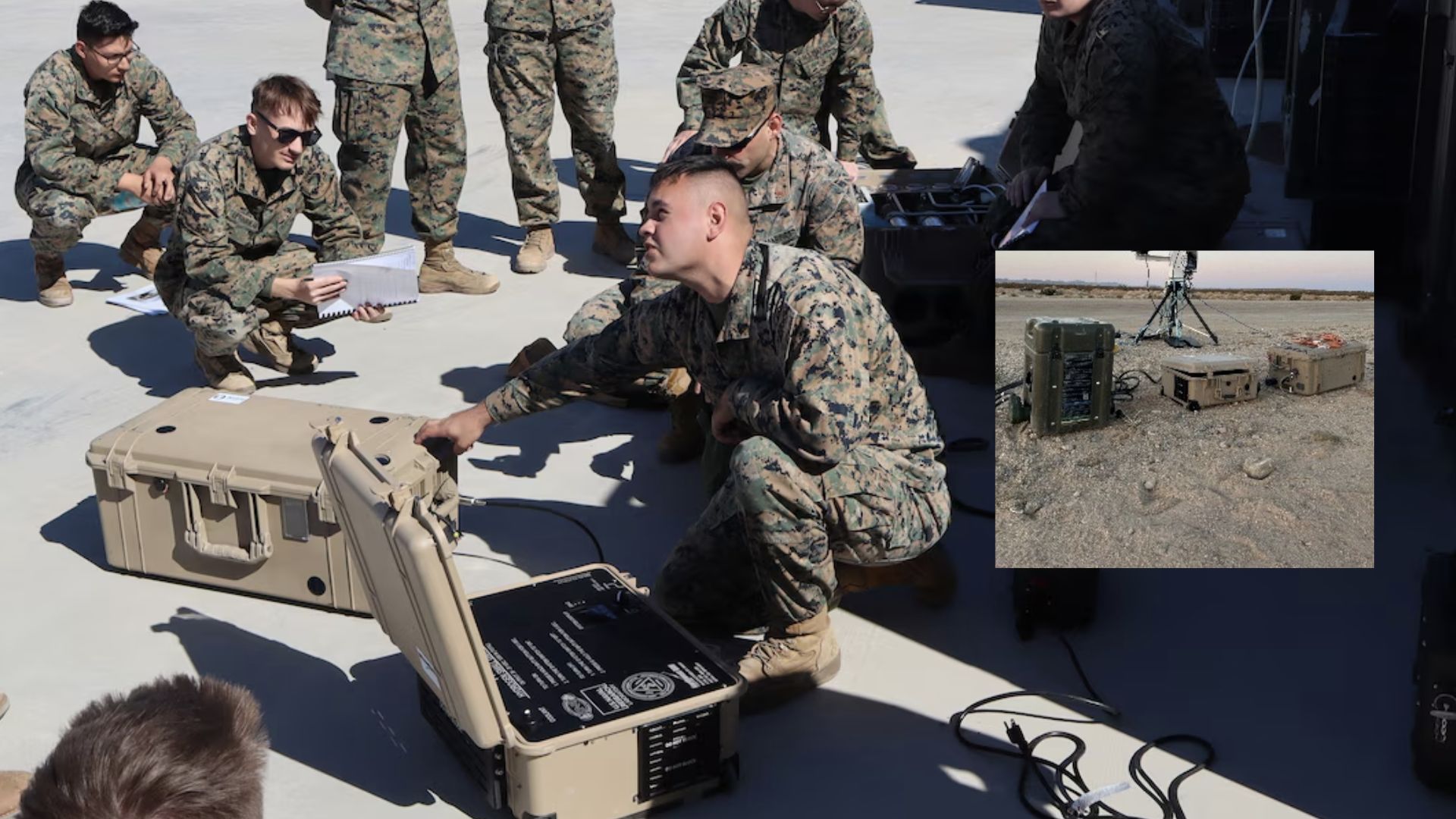U.S. Navy Innovates with Hydrogen Small Unit Power Technology for Enhanced Operational Capabilities
Key Ideas
- The U.S. Naval Research Laboratory has developed the Hydrogen Small Unit Power (H-SUP) device, offering increased energy density and efficiency, enhancing operational range and reducing logistical sustainment needs.
- Field tests at Marine Corps Air Station Yuma and previous evaluations at Marine Corps Base Camp Lejeune have demonstrated the device's effectiveness in improving mission endurance and autonomy of small units.
- The technology, initially created for unmanned vehicles, also supports the U.S. Marine Corps' Expeditionary Advanced Base Operations, showcasing its versatility and strategic value for future military operations.
- Collaborative efforts with industry partners and warfighter feedback are crucial in advancing the H-SUP technology from prototype to practical application, aligning with the goal of enhancing the capabilities of the U.S. Navy and Marines.
The U.S. Naval Research Laboratory has developed the Hydrogen Small Unit Power (H-SUP) device, a hydrogen-powered portable fuel cell electric generator that provides up to 1.2 kW of continuous power in a ruggedized package. This innovative technology offers increased energy efficiency, operational range, reduced signature, and maintenance requirements, ultimately enhancing the lethality of the force and decreasing logistical sustainment needs. Field tests at Marine Corps Air Station Yuma in Arizona and prior evaluations at Marine Corps Base Camp Lejeune have showcased the device's ability to improve mission endurance and autonomy of small units within the military. Originally designed for unmanned vehicles, the H-SUP technology also aligns with the U.S. Marine Corps' Expeditionary Advanced Base Operations concept, illustrating its adaptability for future military strategies. Collaborative efforts with industry partners and warfighter feedback are integral in advancing this technology from prototype to practical application, ensuring it meets the operational requirements of the U.S. Navy and Marines, and supports modernization efforts for more efficient and independent military operations.
Topics
Fuel Cells
Technology
Innovation
Energy Efficiency
Collaboration
Logistics
Military
Field Testing
Unmanned Vehicles
Latest News
